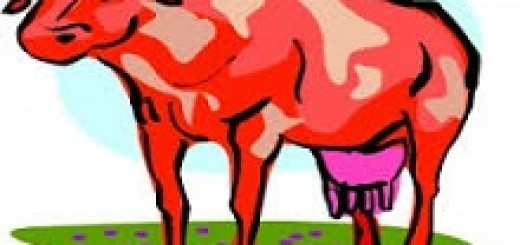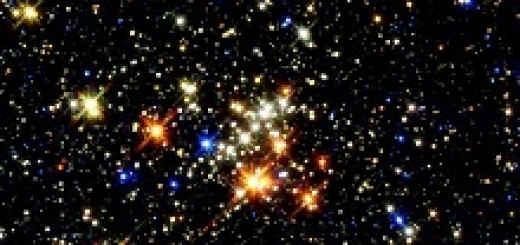This week in the Torah:
The laws of ritual impurity from the dead, and the process of purification engendered by the Red Heifer. This animal was ritually slaughtered and burned to ashes which were mixed with spring water and sprinkled on anyone wishing to be purified from the aforementioned impurity.
Out of all the wise men throughout the ages, including the wisest of men, King Solomon, the reasoning behind this Mitzvah was withheld. Except for Moses, to whom G-d revealed its reason.
Question:
Why is this Mitzvah a mystery to everyone but Moses?
Preface:
Mystically, the heifer’s ashes, a product of fire, which naturally ascends, represents a yearning directed upwards to come closer to G-d. The spring water, which descends by nature, represents the emotion of returning “to Earth”, i.e. realizing that the ultimate G-dly intent is to serve G-d in this physical world.
Question:
All Mitzvahs seem to have, at least partially, these qualities (the longing and then the returning). The Mitzvah of the Red Heifer is unique only because it is the fullest comprehensive example of these elements. What did Moses see in this Mitzvah that was not disclosed to any other Sages that understood the other, seemingly similar Mitzvahs of the Torah?
Answer:
One usually yearns while still retaining a sense of self. Same is with the return “to Earth;” one settles back down into this world with feeling.
Moses, the greatest Prophet ever, would completely sublimate himself in the yearning. And on the return to this world, the reality that he perceived was not just suffused with Holiness; it became non-existent in the face of true reality – pure G-dliness.
This mode of service, completely selfless, is a mystery to everyone but Moses.
Lesson:
However, being that everyone has an inner Moses, we retain at least somewhat of a connection to this mode of service (i.e., selflessness). The revelation of this is achieved through studying Torah and observing its Mitzvahs, which can help one achieve more selfless qualities.
(Based on Chassidic Discourse Vayidaber…Zos Chukas—5711)






















